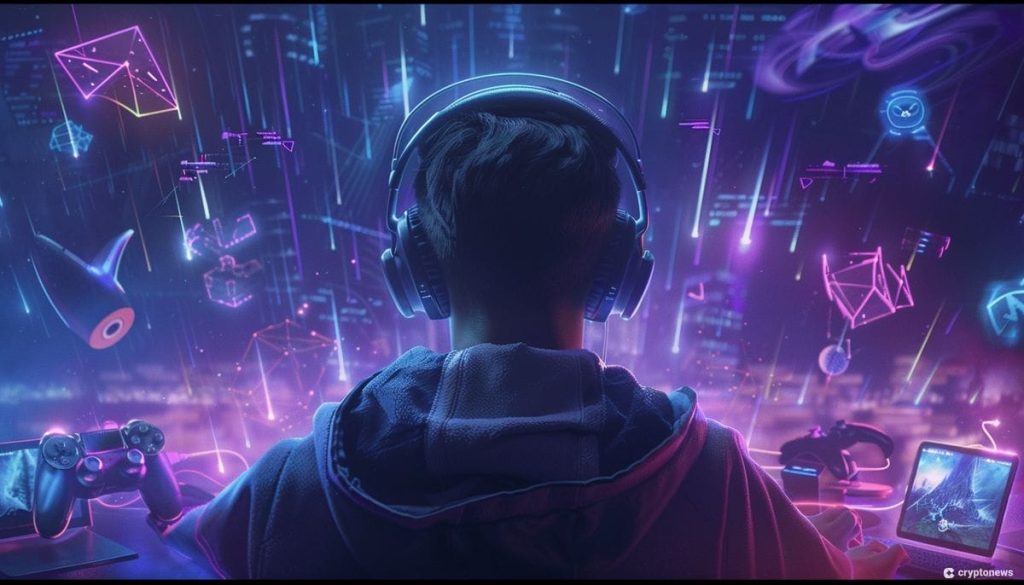Roblox Corporation recently announced a series of updates to its gaming and development platform, including a change in its payment policies. The company will now allow developers to charge players in fiat money rather than the traditional virtual currency, Robux, in an effort to broaden its appeal and attract more developers. This new policy is set to roll out on desktop platforms later this year, with plans to extend it to other platforms in the future. The announcement was made during Roblox’s annual developer conference held in San Jose, California, where CEO and founder David Baszucki unveiled the updates.
In addition to the payment policy shift, Roblox has also revealed a new partnership with Shopify. This integration will enable players to purchase physical merchandise from within the digital Roblox experiences. The company plans to pilot this feature with select creators, brands, and e-commerce partners before expanding it more broadly early next year. The goal is to enhance the Roblox ecosystem by linking virtual experiences with real-world products. Developers on the platform will also benefit from a new revenue-sharing model introduced alongside these updates, with revenue shares varying depending on the price of their paid experiences.
Roblox’s stock had experienced a surge during the COVID-19 pandemic as its young user base turned to the platform for social gaming. However, in the years following, the stock has declined by approximately 40%. The shift to allowing fiat transactions could potentially reinvigorate interest in the platform by addressing possible user fatigue with virtual currency transactions and providing a more familiar payment experience. This pivot could also differentiate Roblox from other major gaming companies such as 2K and Electronic Arts, which primarily use virtual currencies to maintain centralized transactional systems.
Amitt Mahajan, CEO of Proof of Play and the developer behind the popular Facebook game Farmville, anticipates a surge in dedicated blockchain usage for gaming applications. Mahajan envisions a future where thousands of individual blockchains support specific applications, seeing blockchain technology as an advanced database essential for scaling applications. Other games on networks like Avalanche are also utilizing their own dedicated subnets for gaming, such as Shrapnel and Off the Grid with its GUNZ network, along with Treasure building its own Arbitrum-based Treasure Chain with dedicated gaming networks called “Infinity Chains.” Additionally, Meta is looking to revolutionize metaverse gaming by incorporating generative artificial intelligence technology, exploring new gameplay possibilities through the integration of generative AI with virtual, augmented, and mixed-reality games.


